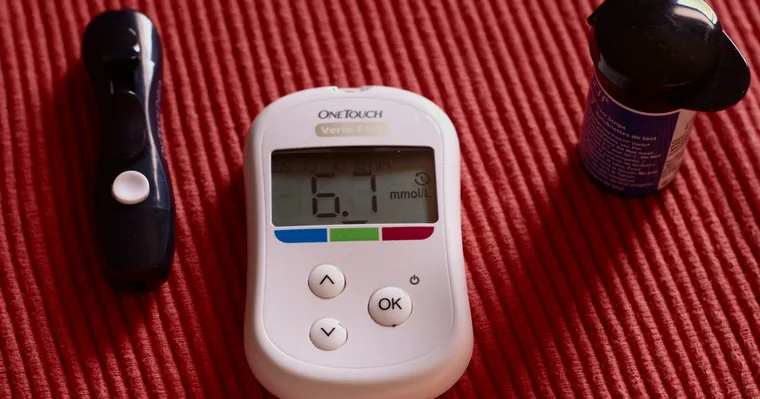Effective blood sugar management is crucial for maintaining overall health and preventing serious health issues. Understanding how your body regulates glucose can empower you to make informed lifestyle choices.
The Basics of Blood Sugar
Blood sugar, also known as glucose, is an essential energy source for the body's cells. It originates from the foods you eat, especially carbohydrates, and is carried through the bloodstream to your cells. The body has a finely tuned system to maintain blood glucose levels within a narrow range, ensuring cells aren't starving for energy while avoiding the risk of complications from excessively high blood sugar levels. This system predominantly relies on the hormones insulin and glucagon, produced by the pancreas, to regulate glucose uptake and release.
For most individuals, the body efficiently manages blood sugar levels through the coordination of dietary intake, hormone release, and cellular uptake. However, conditions like diabetes can disrupt this balance, making it crucial to monitor and manage blood sugar more closely. Maintaining balanced blood sugar levels isn't only important for preventing immediate health risks; it also plays a significant role in long-term well-being. Improved blood sugar regulation can lead to enhanced mood, sustained energy levels, and a decreased risk of chronic diseases such as heart disease and kidney failure.

How Blood Sugar Affects Your Body
Blood sugar levels influence nearly every system in your body. When these levels spike too high or drop too low, various physiological responses are triggered. Elevated blood sugar, over time, causes damage to blood vessels and nerves. This can culminate in a higher risk for serious complications, including heart disease, vision loss, and kidney disease. On the flip side, low blood sugar, or hypoglycemia, impairs your brain's functionality, leaving you feeling dizzy, confused, and fatigued.
Moreover, sustaining balanced blood sugar levels is crucial for your mental and emotional well-being. Fluctuations can result in mood swings and energy crashes, affecting your day-to-day life. Stress can exacerbate this condition by prompting the release of hormones like cortisol and glucagon, which elevate blood sugar levels. Fostering a healthy lifestyle, including regular exercise, balanced meals, and proper hydration, can aid in stabilizing your blood sugar, thereby enhancing your overall health and vitality.
Understanding Blood Sugar Levels
Understanding your blood sugar levels is crucial, especially if you have conditions such as diabetes. These levels reflect the amount of glucose, a type of sugar, that is present in your bloodstream. Glucose is vital because it serves as a primary source of energy for your cells. Typically, blood sugar levels fluctuate throughout the day based on various factors such as your meals, physical activity, and even stress. Monitoring these fluctuations can give you insights into how your body reacts to different foods and activities, helping you make informed decisions about your health.
The normal range for fasting blood sugar levels is usually between 70 mg/dL and 100 mg/dL. However, these numbers can vary depending on individual health conditions and guidelines from healthcare providers. For people with diabetes, maintaining these levels within a recommended range can be more challenging. Tracking your levels regularly, such as before and after meals or exercise, is a helpful way to manage your condition. This consistent monitoring can assist in adjusting your diet, physical activity, or medication to maintain optimal blood sugar levels, ultimately contributing to better overall health and wellness.

